
Recommendation
World leaders are fundamentally retooling the international tax framework to address the modern digital economy, as well as the intense tax rate competition between nations and the dominant role of multinationals in the global economy. Policy officials in 138 countries have agreed to a new architecture that focuses on taxation within countries and the setting of a minimum global corporate levy. International Monetary Fund staff members explain the new structure and its implications for worldwide business, economic growth and tax revenue in this informative reference guide.
Summary
About the Author
The International Monetary Fund advises member nations on policy issues and works to promote economic stability and well-being.









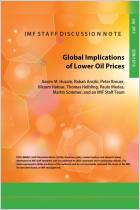
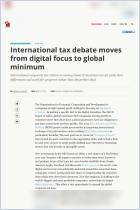
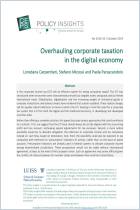
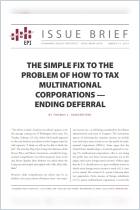
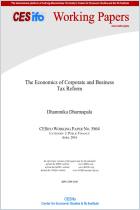

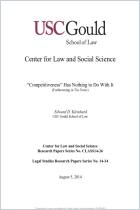



Comment on this summary or 开始讨论